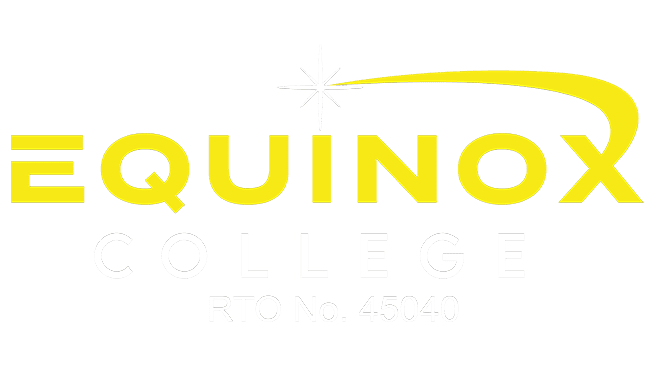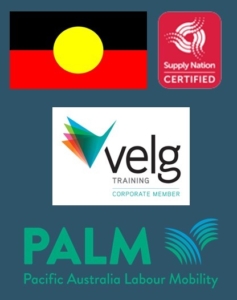Recognition of Prior Learning (RPL) and full qualifications are two different pathways within the Australian Vocational Education and Training (VET) system. Both have their own unique benefits and drawbacks, and the choice between the two often depends on an individual’s circumstances and career goals.
Let’s debunk some common myths surrounding these two options.
Myth 1: RPL is easier than a full qualification
Fact: RPL is not necessarily easier than pursuing a full qualification. It’s a process that recognises the skills and knowledge you’ve gained through work experience, informal training, and life experience. It involves providing evidence of your competencies and may require you to undertake gap training for areas where your skills and knowledge do not meet the required standards. It’s not a shortcut, but a different pathway that acknowledges your existing skills.
Myth 2: Full qualifications are always better than RPL
Fact: The value of a full qualification versus RPL depends on your individual circumstances. If you’re a seasoned professional with extensive industry experience, RPL might be a more efficient way to formalise your skills. On the other hand, if you’re new to the industry or looking to gain a broad range of skills, a full qualification might be more beneficial.
Myth 3: RPL is not recognised by employers
Fact: RPL is a legitimate pathway within the VET system and the qualifications obtained through RPL are nationally recognised. Employers understand the value of practical, on-the-job experience, and RPL is a way of formalising that experience.
Myth 4: Full qualifications provide more comprehensive learning
Fact: While full qualifications offer a structured learning pathway, this doesn’t necessarily mean they provide more comprehensive learning. RPL recognises that valuable learning can occur outside of formal education settings, and it allows individuals to demonstrate their competencies in a practical, real-world context.
Both RPL and full qualifications have their place within the Australian VET system. The best choice depends on your individual circumstances, career goals, and the skills and knowledge you’ve already acquired.




